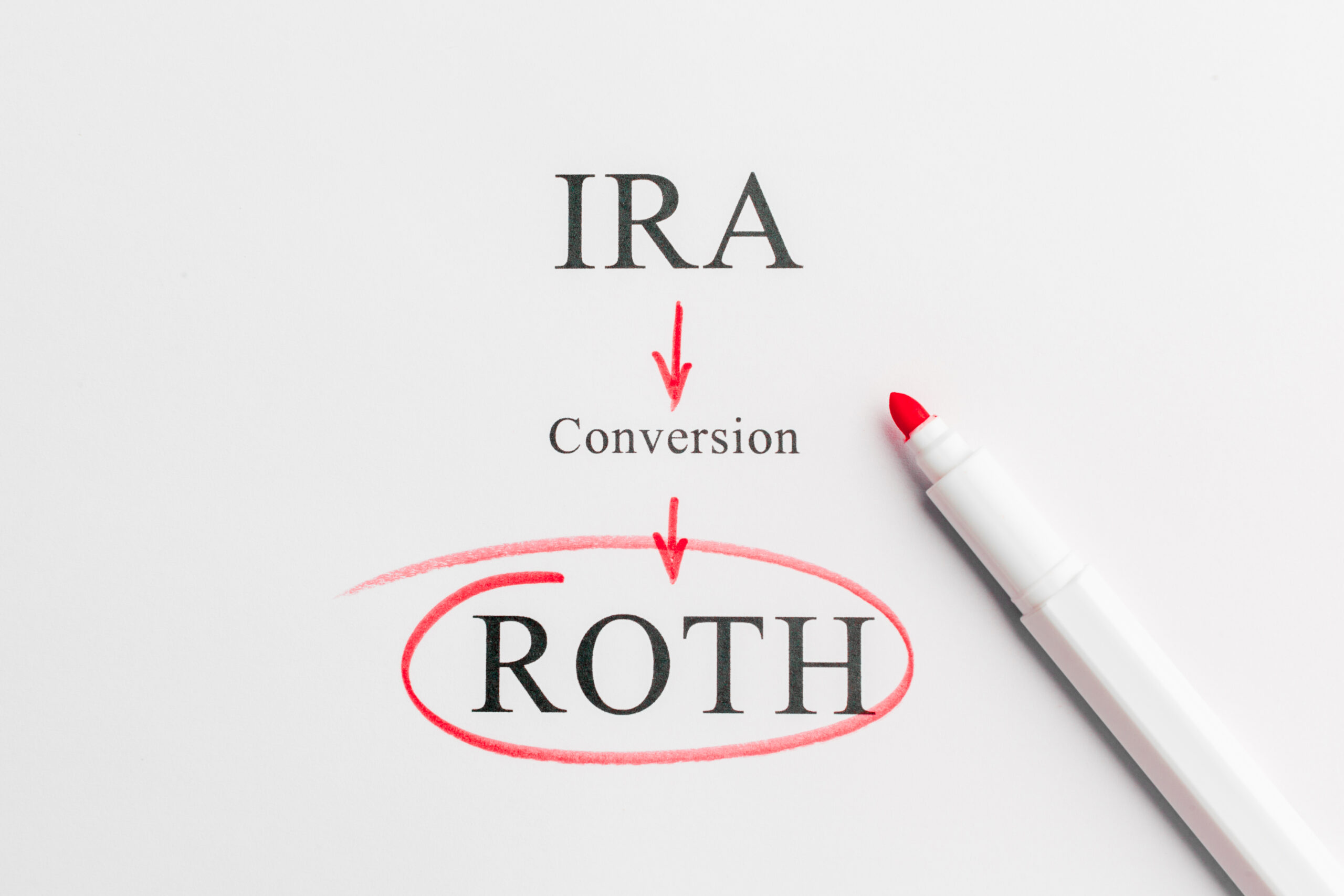The decision on where to retire is multifaceted and varies from individual to individual. A growing trend among Americans, especially in the current political and economic climate, is to consider retiring outside of the United States. Whether driven by political leanings, the allure of a lower cost of living, or potential tax advantages, this option is enticing for many. In this article, we’ll delve into three pros and three cons of retiring abroad, focusing on these specific points of interest.
Pros
1. Lower Cost of Living: Stretch Your Retirement Dollars Further
Pro: One of the primary reasons Americans look to retire outside of the U.S. is the potential for a significantly lower cost of living. In countries across Southeast Asia, Latin America, and Eastern Europe, it’s possible to enjoy a comfortable lifestyle at a fraction of what it would cost stateside. This lower cost can extend to healthcare, utilities, entertainment, and housing. Your retirement savings could not only last longer but also afford you luxuries you might not have considered possible in the U.S.
2. Political Alignment: Find a Society That Matches Your Views
Pro: The political climate in the United States is increasingly polarized, and some people may find it appealing to reside in a country where the political environment aligns more closely with their own beliefs. Whether you’re seeking a more socialist healthcare system or a laissez-faire economic model, you have the opportunity to choose a country that more closely aligns with your political views, providing a sense of personal and ideological comfort.
3. Tax Benefits: Potentially Reduce Your Tax Burden
Pro: Some countries offer significant tax incentives to attract retirees. Depending on the nation and your financial situation, you might be able to benefit from lower income, capital gains, or property taxes, enabling you to keep more of your hard-earned money. However, it’s crucial to consult a tax expert familiar with expatriate issues to fully understand your potential obligations.
Cons
1. Healthcare: Quality and Accessibility Concerns
Con: While some countries offer affordable healthcare, the quality and accessibility may vary. In certain places, you may find state-of-the-art facilities, but these could be in high demand or primarily located in urban centers. Additionally, your Medicare coverage won’t follow you abroad, so you’ll need to plan for alternative healthcare options or local insurance.
2. Legal and Tax Complexities: Navigating Dual Obligations
Con: While retiring abroad can offer tax advantages, it can also introduce new complexities. You’re still required to file U.S. tax returns, and the intersection between U.S. tax law and your new country’s tax system can be complicated. Estate planning also becomes trickier, especially if you have assets in multiple countries.
3. Emotional Toll: Separation from Loved Ones and Familiarity
Con: Moving to another country means leaving behind friends, family, and a familiar way of life. While digital communication can help bridge the gap, it’s not a substitute for physical presence, especially during important life events. Furthermore, building a new social circle can be more challenging as you age, potentially leading to feelings of isolation and loneliness.
Conclusion
Retiring abroad is an increasingly attractive option for many Americans, especially those drawn by a lower cost of living, alignment with their political views, and potential tax benefits. However, there are significant cons to weigh, such as healthcare availability, legal and tax complexities, and the emotional cost of leaving your home country. As always, before making such a significant life change, it’s essential to consult professionals like financial advisors, tax specialists, and estate planners to ensure you’re making the most informed decision possible.





